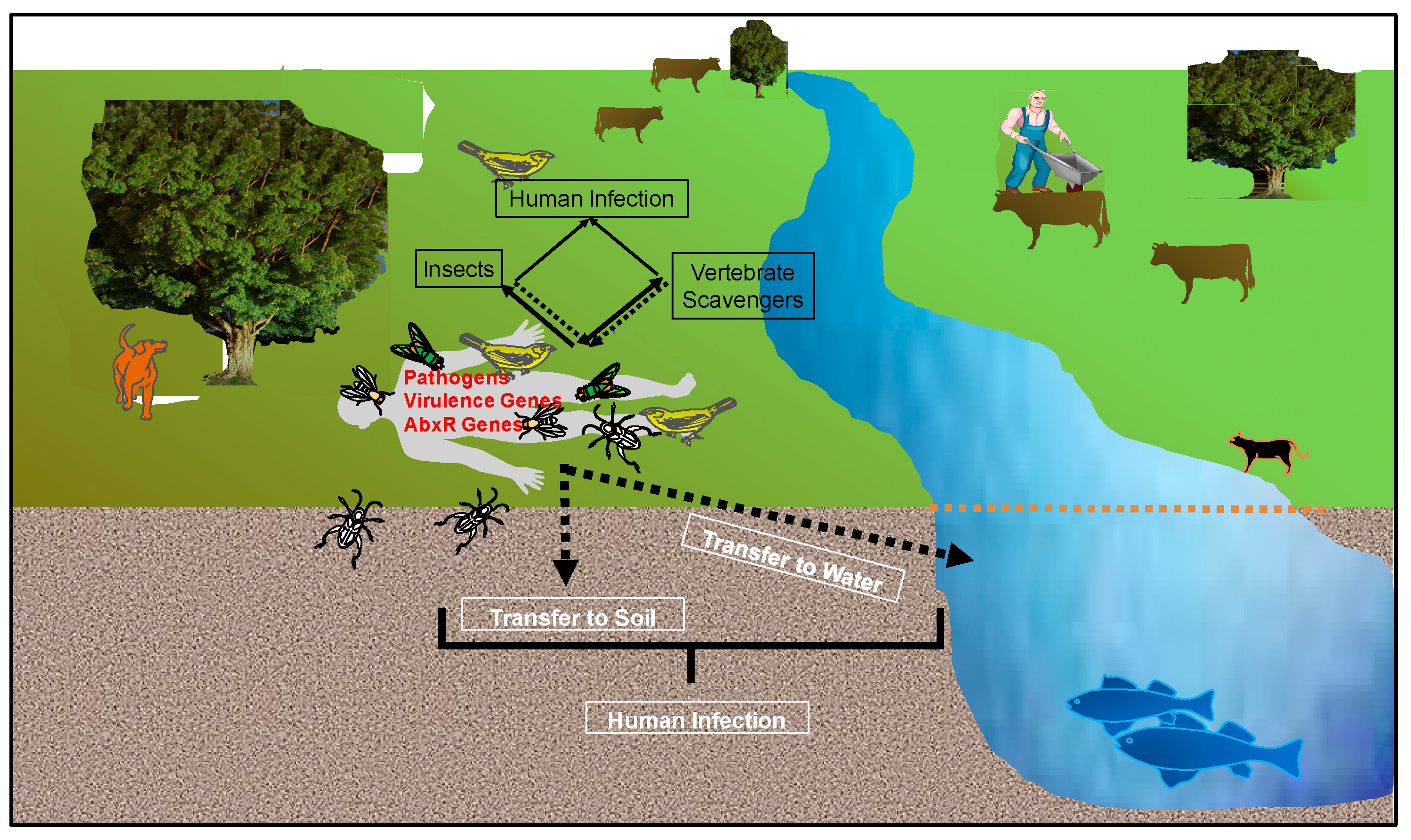Insect Ecology Lec 3 Biotic Factors Affecting Insect Ecology Go

Insect Ecology Lec 3 Biotic Factors Affecting Insect Ecology Go This lecture is about biotic factors affecting insect ecology :1) interspecific biotic factors a. natural enemies predators parasitoidsb. foodc . Ecture 8 insect ecology and balance of lifeecology:the term ecology is derived from the greek term “oikos” meaning “house” combined with “logy” mean. g “the science of” or “the study of”. thus literally ecology is the study of earth’s household comprising of the plants, animals, microorganisms and pe.

Insect Ecology Biotic Factors Affecting Insect Abundance Entomol Insect ecology is the study of interactions between insects and their environment, including other species and abiotic conditions. ecology is necessarily multidisciplinary and integrative, requiring the contributions of biologists, chemists, geologists, climatologists, hydrologists, soil scientists, geographers, mathematicians, and others, to. Description this course is an introduction to the concepts in ecology with emphasis on insects. the relationships of insects with their biotic and physical environments, along with the roles of insects in nature, will be emphasized. the basics of ecological research will also be covered. this is one of the required courses in the entomology. In fact, those abiotic factors previously listed that are known to impact insect behavior are also factors regulating microbial activity. therefore, such abiotic influences to bacteria likely result in a perturbation through the system impacting higher trophic levels that are leading to the often observed shifts in arthropod behavior. Insect abundance and distribution are regulated by several. biotic and abiotic factors and their interactions. survival. and thriving at extreme physical conditions require peculiar. adaptations.

Ppt Insect Ecology Powerpoint Presentation Id 2087805 In fact, those abiotic factors previously listed that are known to impact insect behavior are also factors regulating microbial activity. therefore, such abiotic influences to bacteria likely result in a perturbation through the system impacting higher trophic levels that are leading to the often observed shifts in arthropod behavior. Insect abundance and distribution are regulated by several. biotic and abiotic factors and their interactions. survival. and thriving at extreme physical conditions require peculiar. adaptations. Insect ecology is the branch of ecology that studies the interactions and relationships between insects and their biotic and abiotic environments. insects makeup over 75% of all animal species on earth, occupy nearly all terrestrial and freshwater habitats, and play major roles in ecosystem functioning. insect ecologists aim to understand the. Abstract. factors that affect growth and metabolism is discussed in detail. the role of abiotic factors such as temperature, humidity, rainfall, light, and edaphic characters on growth, development, and the survival of insect at extreme climatic conditions is being explained. distribution, dispersal, and migration of insects in relation to.

Biotic Factors Influencing Insect Population Insect Ecology Part 4 Insect ecology is the branch of ecology that studies the interactions and relationships between insects and their biotic and abiotic environments. insects makeup over 75% of all animal species on earth, occupy nearly all terrestrial and freshwater habitats, and play major roles in ecosystem functioning. insect ecologists aim to understand the. Abstract. factors that affect growth and metabolism is discussed in detail. the role of abiotic factors such as temperature, humidity, rainfall, light, and edaphic characters on growth, development, and the survival of insect at extreme climatic conditions is being explained. distribution, dispersal, and migration of insects in relation to.

Abiotic And Biotic Factors

Comments are closed.